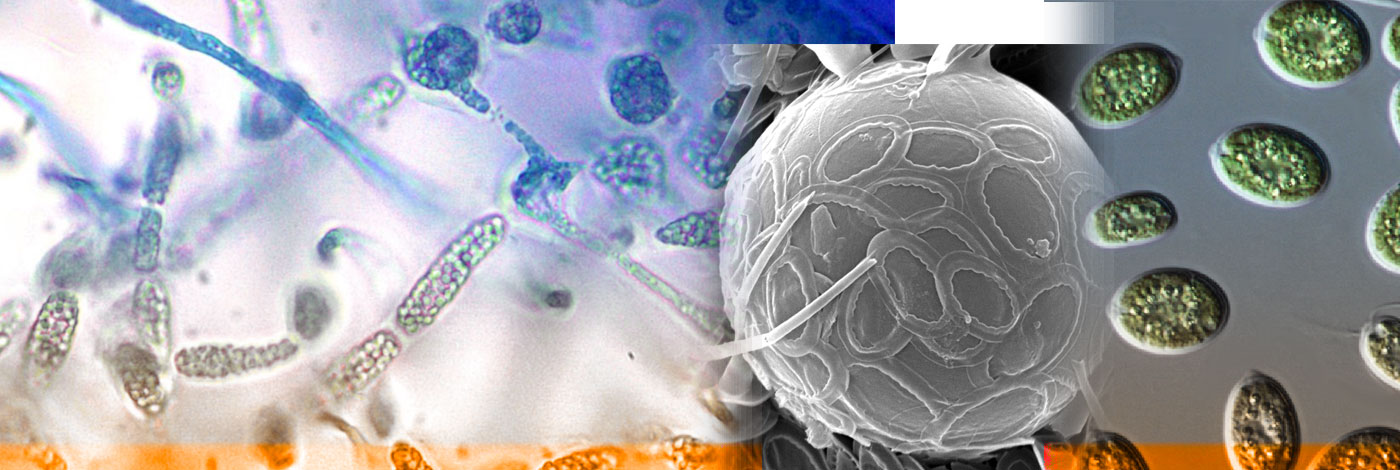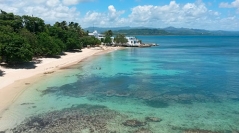

 Cryptogamie, Algologie
44 (8) - Pages 143-156
Cryptogamie, Algologie
44 (8) - Pages 143-156Marine cyanobacteria are producers of structurally diverse secondary metabolites, many have intriguing biological properties. These compounds represent a series of different chemical entities, such as alkaloids, polyketides, peptides or mixed NRPS/PKS metabolites, exhibiting a variety of antifouling, anticancer, antimicrobial, allelopathic and anti-inflammatory properties. Nevertheless, cyanobacteria have been less used as sources of marine natural products when compared with sponges or macroalgae. Cyanobacteria studies in Caribbean marine waters are still scarce and scattered, but reveal an interesting diversity with a total of 76 genera and 119 species reported. The presence of cyanobacteria blooms in the Caribbean region has been observed with greater frequency, but their toxin profile and impact are scarcely understood. In the case of the Dominican Republic, there have been no reports on studies with cyanobacteria biotechnological applications. New strains are expected to be isolated from different Caribbean environments, contributing to our understanding of cyanobacterial biodiversity and their potential biotechnological applications.
Caribbean waters, cyanobacteria, biodiversity, biotechnology